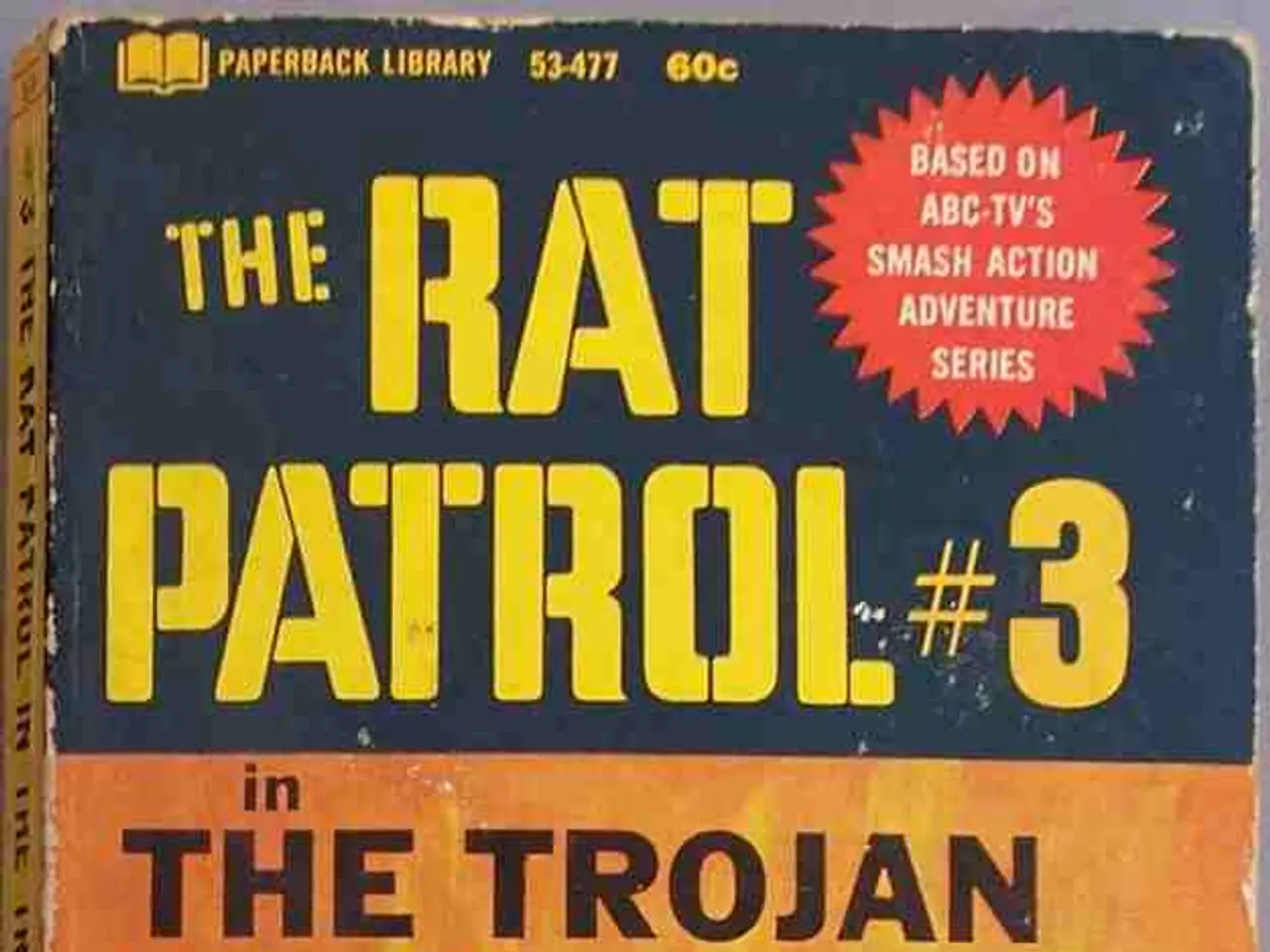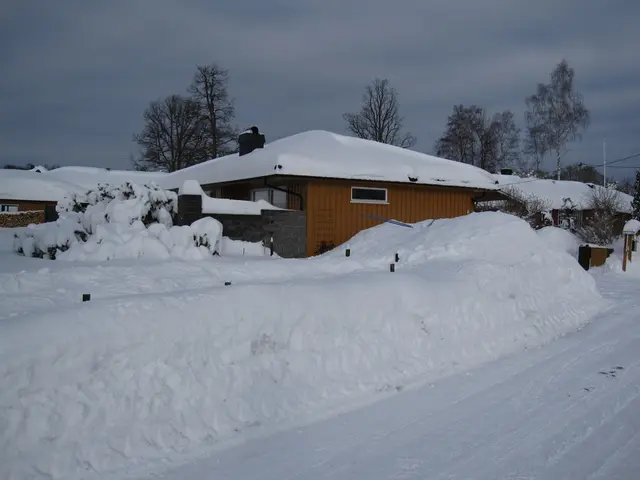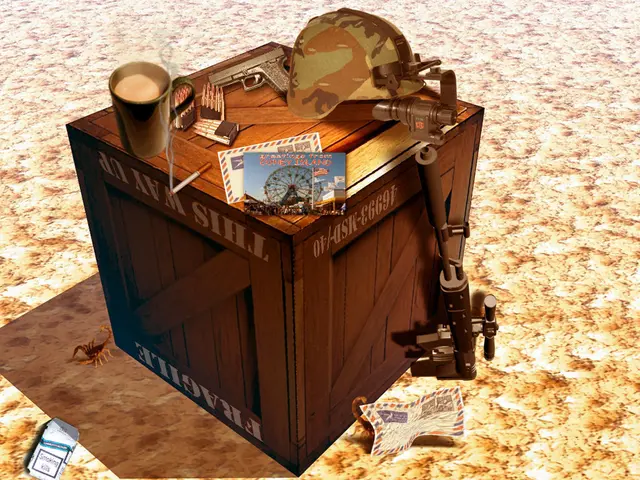Russian forces successfully infiltrate Ukrainian defenses, with a reported 110,000 troops deployed, mere days preceding Trump's scheduled summit with Putin.
In a surprising turn of events, Russian troops have launched a two-pronged attack in the Donetsk region, surging towards three villages on a section of the frontline near Kostyantynivka and Pokrovsk [1]. This aggressive move comes as the International Criminal Court (ICC) has issued an arrest warrant for Vladimir Putin in March 2023, accusing him of the war crime of unlawfully deporting children from occupied Ukraine to Russia [2].
However, the legal implications of Putin's ICC arrest warrant during his U.S. visit for a summit with Trump are limited. The United States is not a party to the ICC's Rome Statute and thus has no legal obligation to enforce the warrant or arrest Putin while he is on U.S. soil [1][2]. The ICC depends on member states to enforce its arrest warrants as it has no police force.
The U.S. signed the Rome Statute in 2000 but never ratified it and formally withdrew its signature in 2002. Therefore, it does not recognize the ICC's jurisdiction and will not execute ICC warrants for individuals on its territory [1]. The Alaska summit location was strategically chosen as a neutral venue where Putin can safely avoid arrest despite the ICC warrant. The U.S. stands alongside other non-ICC member states such as Russia, China, Turkey, and Saudi Arabia in not complying with the arrest warrant [2].
The situation highlights the ICC's dependence on state cooperation and how geopolitics can limit the court's practical reach. Meanwhile, in the Donetsk region, at least 110,000 Russian troops are massed on the frontline, with the most dramatic advancement this year made near the coal mining town of Dobropillia [1]. Moscow currently controls over 70 per cent of the highly-contested Donetsk region, and capturing the entire region could allow Putin's forces to cause major disruption to supply lines on the eastern front [1].
Moscow is likely to demand that Ukraine cede its entire eastern Donbas area to Russia, as well as Crimea - which Moscow annexed in 2014. One major sticking point for Moscow is the annexation of Ukrainian territory, one of Putin's long-term demands. Zelensky has been adamant that Ukraine will not accept any further annexation of its land [1].
Trump and Putin are set to meet for crunch talks on Friday. Zelensky's invite to the peace talks is still being weighed up by the White House, and it is currently unclear if he will attend or not [1]. Trump's team is trying to get Ukraine and its European allies on board to get a peace deal that would see Kyiv make some concessions [1]. The city of Pokrovsk, with its immense strategic importance as a road and rail hub, could be a key point of discussion [1].
References:
[1] BBC News. (2023). Russia-Ukraine crisis: Key points. [online] Available at: https://www.bbc.co.uk/news/world-europe-64867294
[2] The Guardian. (2023). Putin's visit to Alaska carries no risk of arrest, despite ICC warrant. [online] Available at: https://www.theguardian.com/us-news/2023/may/26/putin-visit-alaska-icc-warrant-arrest
[3] The Hill. (2023). US imposes sanctions on ICC judges over Putin warrant. [online] Available at: https://thehill.com/policy/international/617137-us-imposes-sanctions-on-icc-judges-over-putin-warrant
Read also:
- Court petitions to reverse established decision on same-sex marriage legalization
- Proposed Standardization of Food Labeling Laws Among Member States by the Commission
- Commemoration of 200 Days of American Resurgence Unveiled
- Minister Bärbel Bas expresses doubts about her tenure as a minister following a recent interview during the summer.








